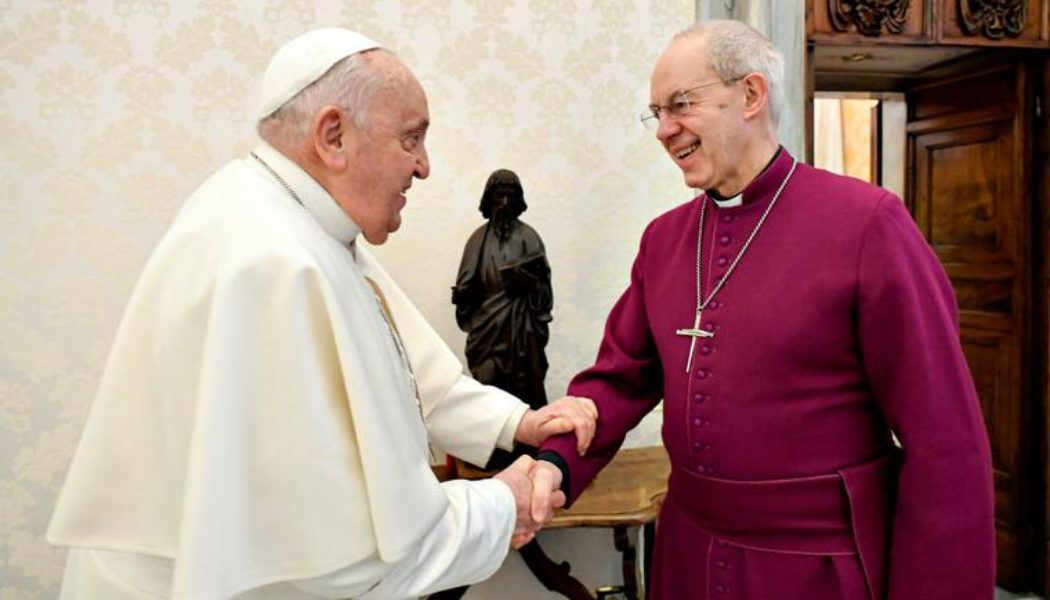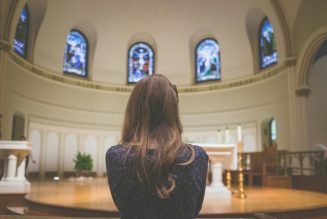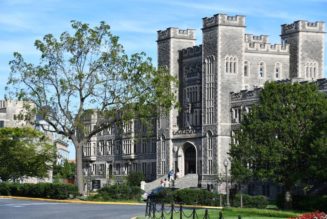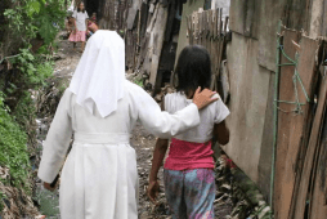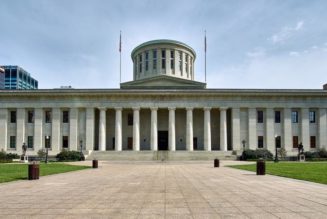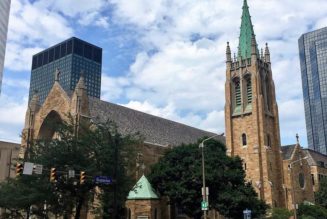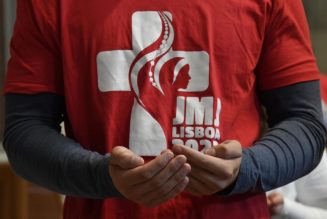
COMMENTARY: The Anglican Communion has effectively entered palliative care and divisions in the Catholic world are the deepest in generations — and blessings of same-sex couples is the proximate cause of both crises.
The Apostles Peter and Paul have two feasts each. Their principal one is shared on June 29, and then each has his own, too. The Conversion of Paul is marked on Jan. 25 and the Chair of St. Peter on Feb. 22. The first of those feasts concludes the Week of Prayer for Christian Unity.
All three feasts celebrate the apostolic foundations of Christian unity.
Peter is the visible center of unity in the Church, and that universal ministry includes Paul in a particular way, as witnessed by their joint feast as “princes” of the apostles. Because Petrine claims are disputed by Orthodox and Protestants, the Conversion of St. Paul is the anchor for the Week of Prayer for Christian Unity.
This past year, though, from February 2023 to February 2024, has been a bleak one for unity. The Anglican Communion has effectively entered palliative care, and the divisions in the Catholic world have never been so great in generations. The proximate cause of both crises are blessings of same-sex couples.
Early in 2023, the Anglicans in England approved liturgical prayers at same-sex civil marriages, while not permitting same-sex marriages in the Church of England itself. This led to a decision by Anglican archbishops in the Global South Fellowship of Anglican Churches (GSFA) to break off communion with Archbishop of Canterbury Justin Welby.
The bishops of the Global South Fellowship said that they are “no longer able to recognize” Welby as “first among equals,” because the Church of England’s General Synod made decisions that “run contrary to the faith and order of the orthodox provinces in the communion whose people constitute the majority in the global flock.”
That was one of the most important religious stories of 2023, but it did not get the attention it deserved. Welby serenely crowned King Charles in May as if nothing had changed, even though the Anglican Communion was in tatters and he was left, in effect, leading a small minority of global Anglicans.
This year, during the Week of Prayer for Christian unity, Jan. 18-25, Pope Francis hosted the bishops of the Church of England, led by Archbishop Welby, in Rome. He generously gave permission for an Anglican liturgy to be celebrated in a Catholic church, and the Catholic and Anglican bishops were “sent out” in pairs — one of each — at the conclusion of the ceremonies. It was combination of politeness and pretending; the Church of England is now a rump in the Anglican Communion and the global ministry of the archbishop of Canterbury no longer prevails. Perhaps the Roman meetings served as a sort of fraternal fare-thee-well. Canterbury is no longer the effective leader of the global Anglican Communion.
The Roman events in January were planned before Pope Francis decided in December to follow the path of Anglican disunity on blessings for same-sex couples. Fiducia Supplicans, the “declaration” of the Dicastery for the Doctrine of the Faith (DDF) permitting blessings for same-sex couples and other unmarried couples living a conjugal life together, was flat-out rejected by many bishops around the world. Indeed, the bishops of Africa rejected it en masse, with the Holy Father’s approval.
Thus the Vatican embraced the Anglican model of geographical morality; what is blessed in parts of Europe is sinful in Africa. However, the divisions are more complex in the Catholic world. Fiducia Supplicans has been met with a cool response in all parts of the Catholic world; supporters of it are, at least in terms of public statements, a minority amongst the bishops.
A complicating factor in the Catholic context is that the DDF taught, with the approval of Pope Francis, the exact opposite in 2021, namely that blessings of same-sex couples could not be given. While the Anglicans are in conflict with themselves geographically, the Holy See is in conflict with itself temporally — 2021 vs. 2023. After the recent developments though, the Holy See is consistent with itself officially in Africa, but contradicts itself outside of Africa.
It is possible that, during their private discussions in January, Pope Francis asked Archbishop Welby for advice on how to have different, and contradictory, positions depending on geography. The Catholic Church, on this issue, is attempting something that the Anglican Communion has failed at doing.
The twin feasts of the Conversion of Paul and the Chair of Peter are meant to emphasize the unity and apostolicity of the Catholic faith. The Anglican presence in Rome this year posed a question. If the Anglicans are now at the beginning of the end of their union due to blessings of same-sex couples, where are Catholics?
